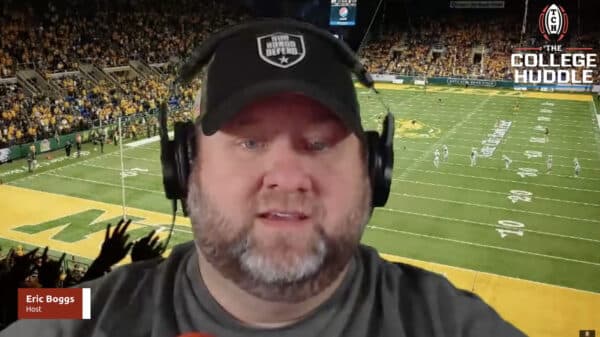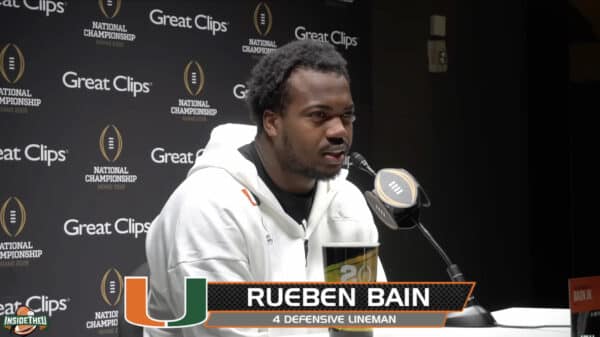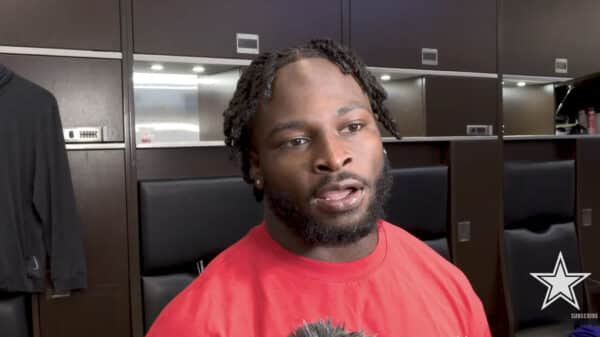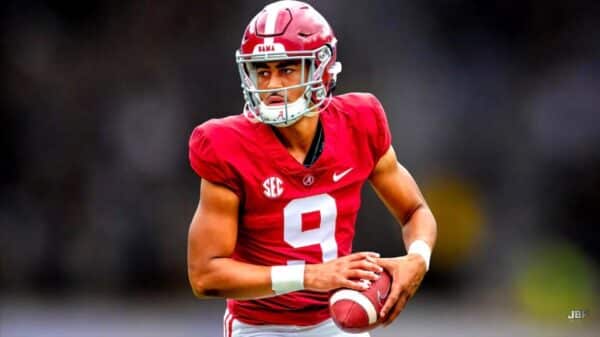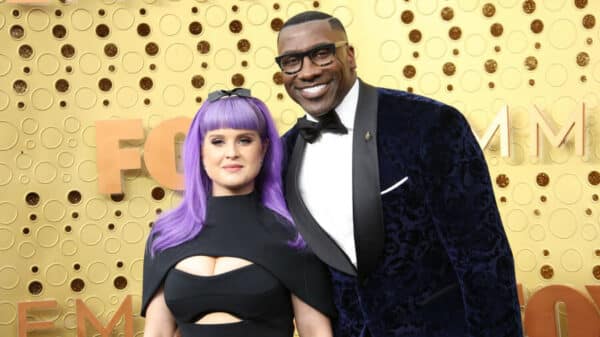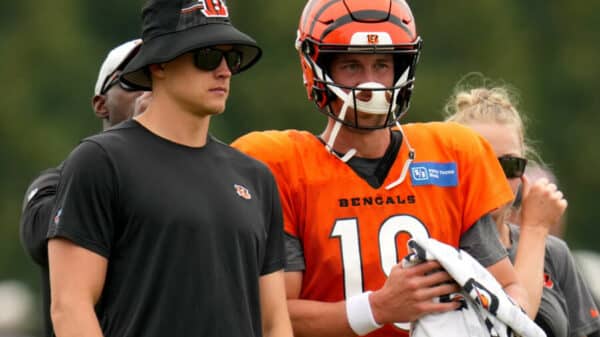Some athletes seem to invite trouble, rather than waiting for it to knock on their door, and Joe Mixon is a prime example of this unsettling trend. His tumultuous journey took shape long before he entered the NFL spotlight, and the issues surrounding him reveal a pattern of behavior that raises eyebrows.
Mixon’s problems began during his freshman year at the University of Oklahoma when he faced serious consequences for a violent incident in 2014. In a shocking confrontation, he punched a woman named Amelia Molitor in the face, breaking four bones. Initially, Mixon claimed that he was provoked—alleging she swung at him and used racial slurs. However, the details unravelled quickly, and the truth painted a much different picture.
Investigations revealed that Mixon had been the one to escalate the situation by hurling a homophobic slur toward Molitor’s gay friend, not the other way around. Sadly, the hostility was a reflection of deep-seated issues. After the incident, authorities charged him with a misdemeanor, and the university responded with a suspension for the entire 2014 season. Eventually, the matter was settled privately with Molitor, but the damage to his reputation had already begun.
Fast forward to 2023, and once again, Mixon found himself facing serious allegations—this time involving a firearms-related incident during a traffic altercation. A woman accused him of pointing a gun at her after he allegedly cut her off in traffic. Mixon, however, countered that she had provoked him by gesturing aggressively.
He was charged with aggravated menacing, a serious accusation, but after a four-day trial, the evidence didn’t hold up. Without clear proof of his possession of a firearm during the incident, Mixon was found not guilty. Had the verdict gone the other way, he could have faced a year in jail and a substantial fine, which could have dramatically altered his path.
In the same year, his name circulated once again in connection to a civil lawsuit springing from a shooting incident near his Cincinnati residence. In this case, his sister’s boyfriend, Lamonte Brewer, was accused of firing a gun from Mixon’s property, seriously injuring a 16-year-old neighbor. Although Brewer faced charges for felonious assault and tampering with evidence, Mixon was not listed as a suspect. However, the situation escalated when the victim’s family filed a civil suit against him, alleging that Mixon had provided the firearm used in the shooting. Reports indicated that he had the opportunity to settle the case before it reached court but chose not to address the situation, further complicating his already tumultuous standing.
As Mixon transitions from Cincinnati to the Houston Texans, it’s crucial to recognize that his history of controversies may not be behind him. Given the choices he’s made and the patterns that have emerged, it wouldn’t be surprising to see more incidents surface in the future. Athletes hold a unique place in society, serving as role models and embodiments of excellence for many, yet stories like Mixon’s serve as a stark reminder of the complex layers of human behavior, choices, and consequences.
For fans and observers alike, it’s vital to approach such narratives with a mix of caution and empathy. Understanding that behind the headlines are real people facing real challenges is key. The decisions athletes make impact not only their careers but also the lives of many others—both positively and negatively. It’s this duality that makes following their journeys so compelling, and sometimes so tragic.
Image Source: Joe Mixon @ Instagram



